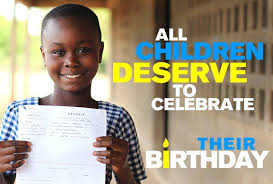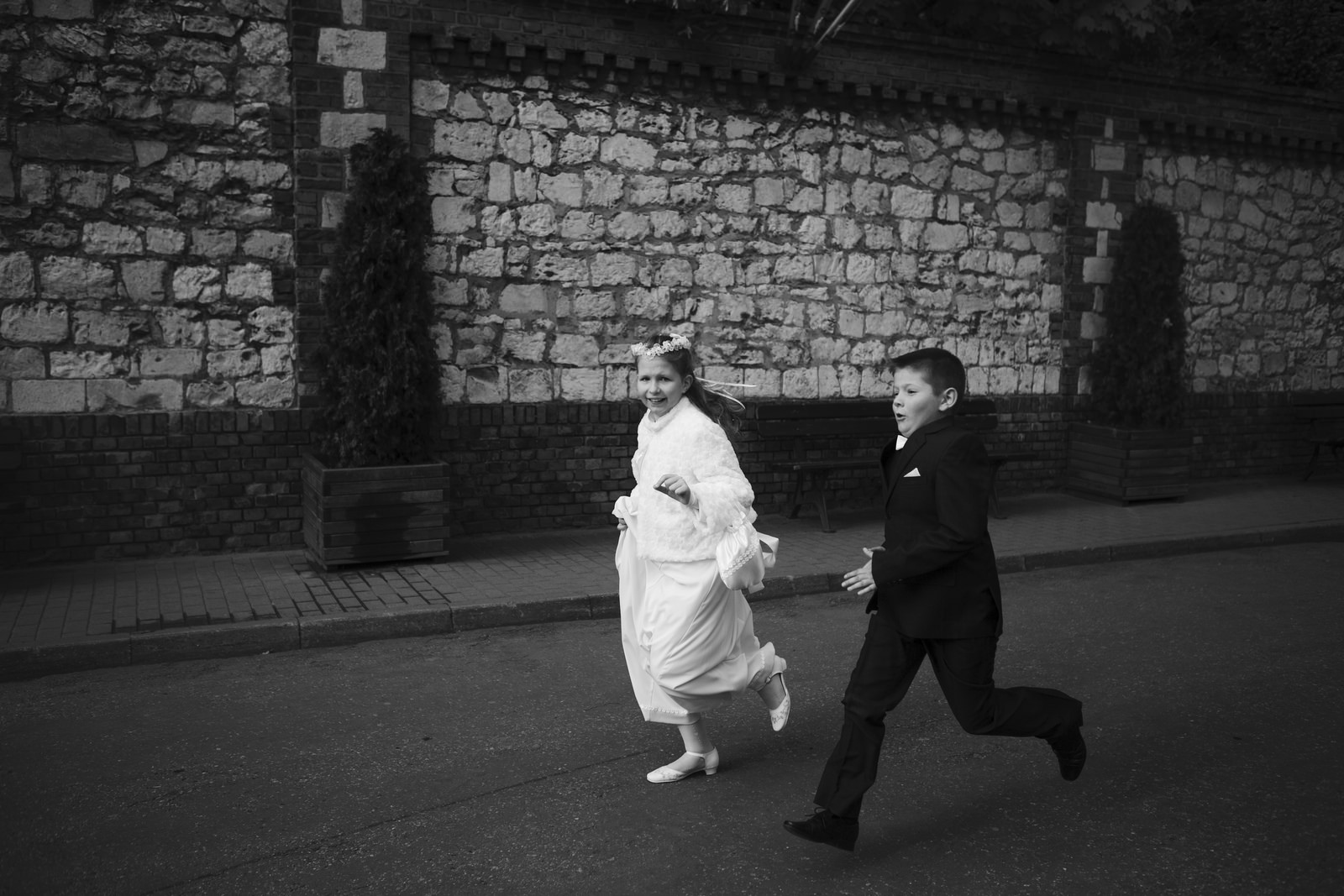Everywhere you look people are preparing for Christmas. For the more than 2 billion Christians around the world, we are preparing for the birth of a child. Christmas then is the perfect occasion to draw our attention to a massive human rights issue: birth registration. According to UNICEF, only 1 in 3 children under 5 have a birth certificate. A birth certificate is a human right. A birth certificate provides the means to be counted and to protect other crucial human rights, especially for women and girls. A birth certificate is somewhat of a gateway human right.
Protecting the human rights of women and girls demands make sure they are counted. We are rapidly approaching the 2015 Millennium Development Goals (MDGs) target year. Despite significant success on a number of the individual goals, those related to women’s human rights and health still lag behind. As the United Nations negotiates the new Sustainable Development Goals, I offer a proposal – reaffirm those MDGs related to women and children’s health and add as a new goal: Universal Registration of Births and Deaths. MDG 5: Improve Maternal Health established a goal: reduce the 1990 maternal mortality rate by ¾ by 2015. While we have seen a 47% reduction in maternal mortality, it is unlikely that we will reach ¾ by 2015. According to the World Health Organization,
“About 800 women die from pregnancy- or childbirth-related complications around the world every day. In 2010, 287 000 women died during and following pregnancy and childbirth. Almost all of these deaths occurred in low-resource settings, and most could have been prevented.”
Linked to maternal mortality, health, and education is infant mortality and child health. Great progress has been made through vaccination programs through MDG 4: Reduce Child Mortality; however, neonatal mortality remains an urgent crisis in global health. Without a birth certificate, we do not have accurate newborn mortality data to identify trends and improve newborn health. Without proper death records, it is impossible to have accurate recordings of maternal or neonatal mortality. Medically, we need this information to improve global and community public health.
Intimately connected to maternal mortality is the prevalence of child marriage. 1 in 9 girls marry before age 15 with severe consequences, as Jan Diem at Huffington Post noted last week. The devastating effects of child marriage are many, including greater maternal mortality and lack of continuing education. Child marriage has been condemned by the Convention on the Rights of the Child and the United Nations. It is a clear violation of the Universal Declaration of Human Rights, yet it persists.
Maternal health has been a major development goal for the past decade. Yet, it too remains unacceptably high. Why is it so difficult to reduce both child brides and maternal mortality? In part, it is because of lack of valid records. Without universal birth and death registration it is impossible to accurately attack child marriage, maternal mortality and neonatal mortality.
Universal birth registration and also death registration is needed in order to provide protection for women and girls who are otherwise invisible. Without a birth certificate, a girl is at the mercy of others for verification of her age. Recently, stories in the United States have highlighted the tactic of burning a girl’s birth certificate has been used to control and bar her access to higher education.
Sluggish progress on women’s human rights impacts the wellbeing of children and the broader community. As maternal health and education improve so too does child survival. The 2012 MDG Report noted that increasing the mother’s access to education drastically increased under-5 child survival.
Beyond the improving global health, universal birth registration is a key human rights issue for those fighting human trafficking. Every human person has the right to a birth certificate, which provides them with the ability to be counted. Plan International estimates 51 million children each year are born without birth registration. 64% of births in South Asia are still not registered. Without any legal record of their very existence, they can remain invisible. Without a birth certificate, one cannot easily access education or healthcare. As they are relegated to the margins, they become easy targets for both child marriage and human traffickers and sexual slavery.
In his 2013 MDG report to the General Assembly, Secretary General Ban Ki-moon focused on a life of dignity for all as the goal we must keep firmly in our sights. A life of dignity for all begins with a birth certificate, properly registered legally, for all children. Universal registration of births and deaths is a clear commitment to human dignity – to make every human person count. Recognizing this as a human rights issue, Archbishop Desmond Tutu noted
“universal birth registration is impossible to ignore and entirely possible to achieve.”
In many ways, it makes for the perfect development goal – it is narrow, clear, and easy to measure progress. In developing global health goals for the Sustainable Development Goal agenda, let us reaffirm our commitment to all, especially women and children and include this very basic affirmation that – a birth certificate is a human right.





Maternal, infant, and fetal health.
Meghan,
Another important aspect of this issue is that in some areas, children of minority ethnic groups are refused registration as a way of delegitimizing the presence of that group in a territory and disenfranchising minority groups. Arguments about who has been present on certain land and since when are common, and often arise as a prelude to ethnic cleansing! Birth registration is thus also important to protect the citizenship of all groups, and ultimately perhaps even to help prevent genocide.